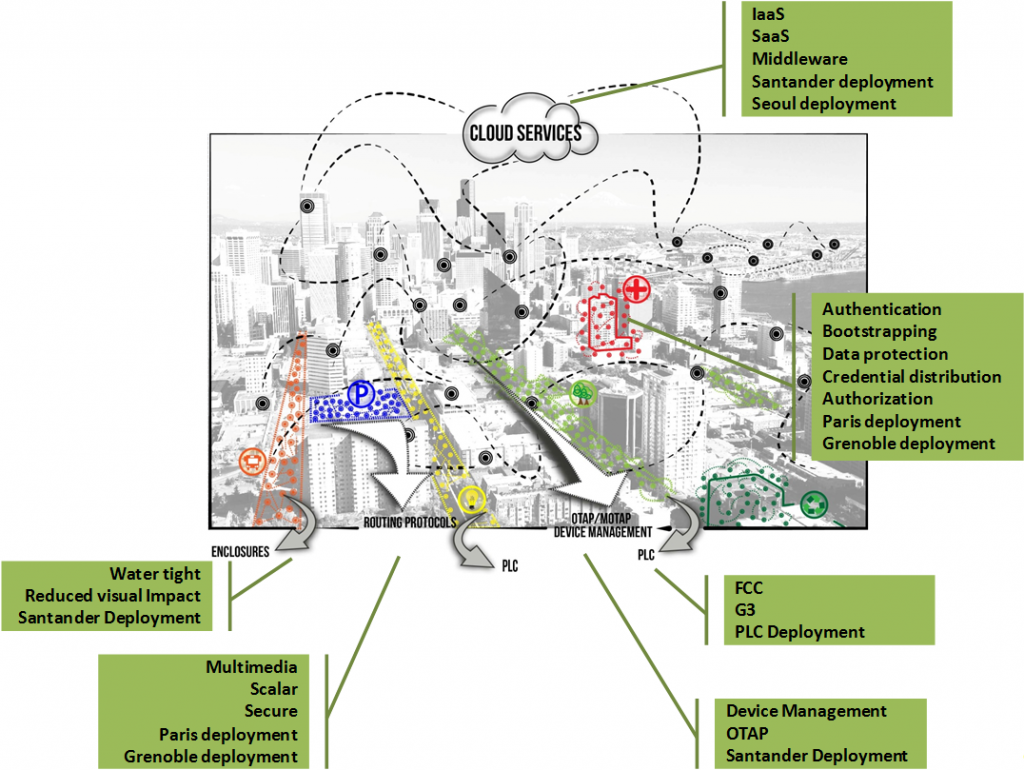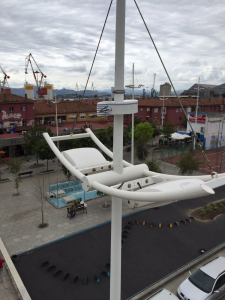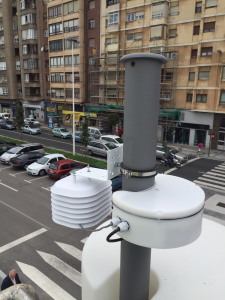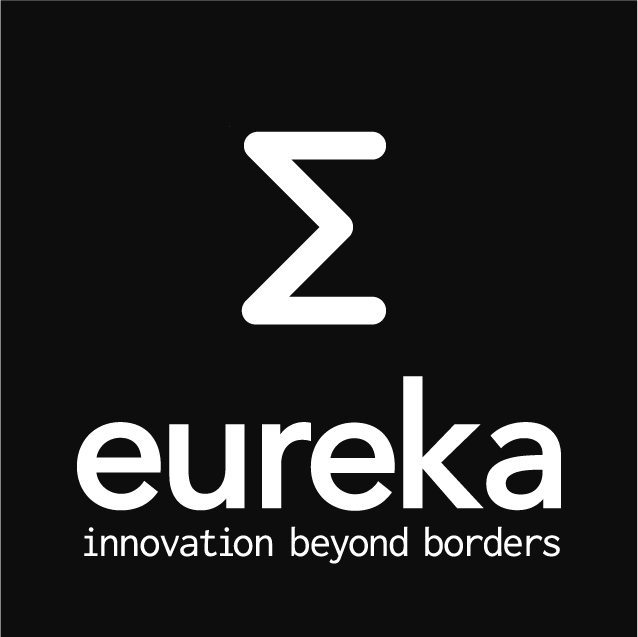Smarter cities through innovative solutions from Celtic-Plus project TILAS
4th December 2015. Large amounts of interconnected devices distributed in Smart Cities raise new challenges in terms of network and device management and also in security and multiple-source information handling. TILAS’s ETSI-conformant information framework opens the way for new applications enhancing the smartness of the citizens and the municipalities. The TILAS consortium represented the whole value chain underlined by scientific excellence and enabled Smart City Internet of Things (IoT) deployments to become modular, interoperable, sustainable and energy efficient.
Field trials and demonstrations
Real cities as Santander (Spain) and Seoul (South Korea) realized test-bed deployments using TILAS solutions in coordination with municipalities. Additional deployments at IoT labs in Paris and Grenoble, France complement the real world demonstrations with large scale lab-based trials.
An urban traffic pattern platform based on NO2 and O3 sensors has been deployed in Santander providing a better monitoring of air pollution. TILAS enabled better acceptance by citizens of the sensors distributed within the city due to low impact enclosures around the antennas and solved large scale device management and remote configuration challenges in combination with smart middleware features. TILAS monitoring tool helps local authorities to keep track on urban traffic patterns.
Real-time data monitoring for a water management system has been implemented in Seoul including TILAS proposals on cloud services, focusing on a better water quality for the citizens of Seoul in the near future.
The lab based trials ranged from image and video surveillance with advanced security features demonstrating routing protocols and quality of service to enhanced Power Line Communication (PLC) platforms validating IPv6 in Paris. PLC enabled IPv6 communication can now be used for direct energy information exchange of smart meters tracking the energy consumption for example of complete streetlights or even energy consumption of houses to municipalities or even energy providers.
Grenoble’s lab trials set up temperature monitoring system demonstrating impressive security and routing protocols.
Gas sensors in Santander deployment
TILAS innovative solutions
The consortium has produced a wide number of innovative solutions, working on different use cases, research, development and demonstration on real city deployments:
- Internal antennas and customized enclosures have been designed to cope with visual impact problems (building them to look like luminaries) and assuring waterproofness.
- Pursuing an optimum and cost-effective network operation, TILAS partners have developed a large-scale-IoT oriented, remote and over the air programming procedure (OTAP and DM), solving the multi-hop and low power issues of conventional OTAP procedures. In addition, a novel density aware MAC protocol and WSN deployment strategies have been studied and proposed to enhance the behaviour of nodes.
- Security is a big threat in the IoT world. TILAS has defined a comprehensive and secure architecture able to handle in a secure way large amount of nodes. In addition, TILAS proposes a novel hardware and software architecture for IoT devices able to cope with interoperability (in terms of number of interfaces supported, both wired and wireless) and modularity (enabling seamless workability with similar nodes or modules added to the core hardware) problems inherent to the IoT world.
- Routing mechanisms for IoT devices have been designed and showcased, dealing with scenarios such as multimedia (photo and video, in different approaches) routing, secure routing, scalar routing….
- TILAS has developed a middleware able to provide access from devices based on different technologies to the servers where applications are running. Cloud based services have been also proposed (IaaS and SaaS) bringing to the project the exploitation of large amount of data.
About TILAS:
The TILAS project started in March 2013 and finished its work in November 2015.
The consortium, led by TST, included 9 partners from 4 countries:
- Spain: TST, TTI y Bankoi
- France: Gemalto, UPEC, CEA-LETI, Webdyn
- Turkey: Turk Telekom Argela
- South Korea: Pangaea
For further information, see the project website at: http://tilas-eu.com/ and https://www.celticnext.eu/project-tilas/









